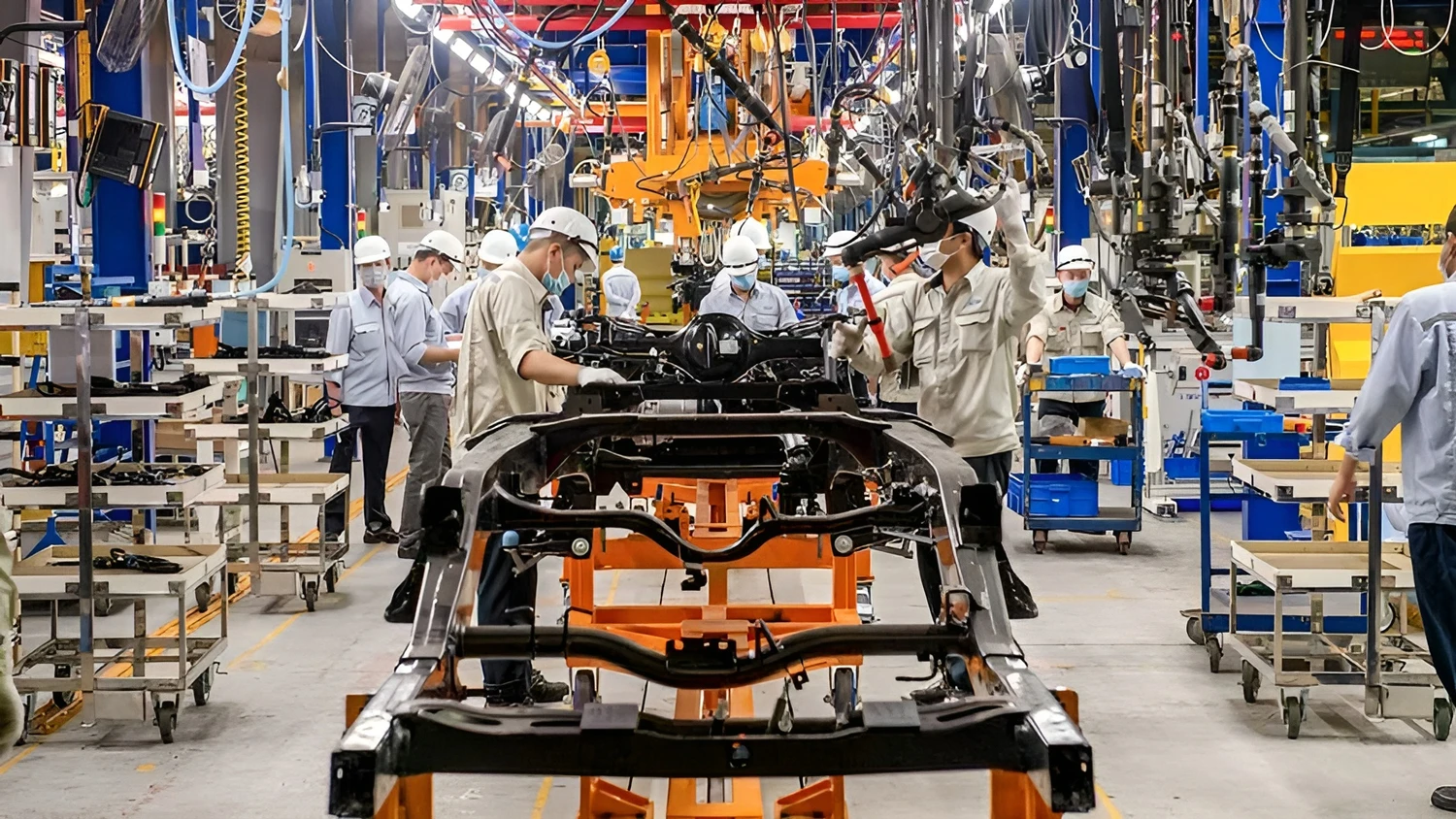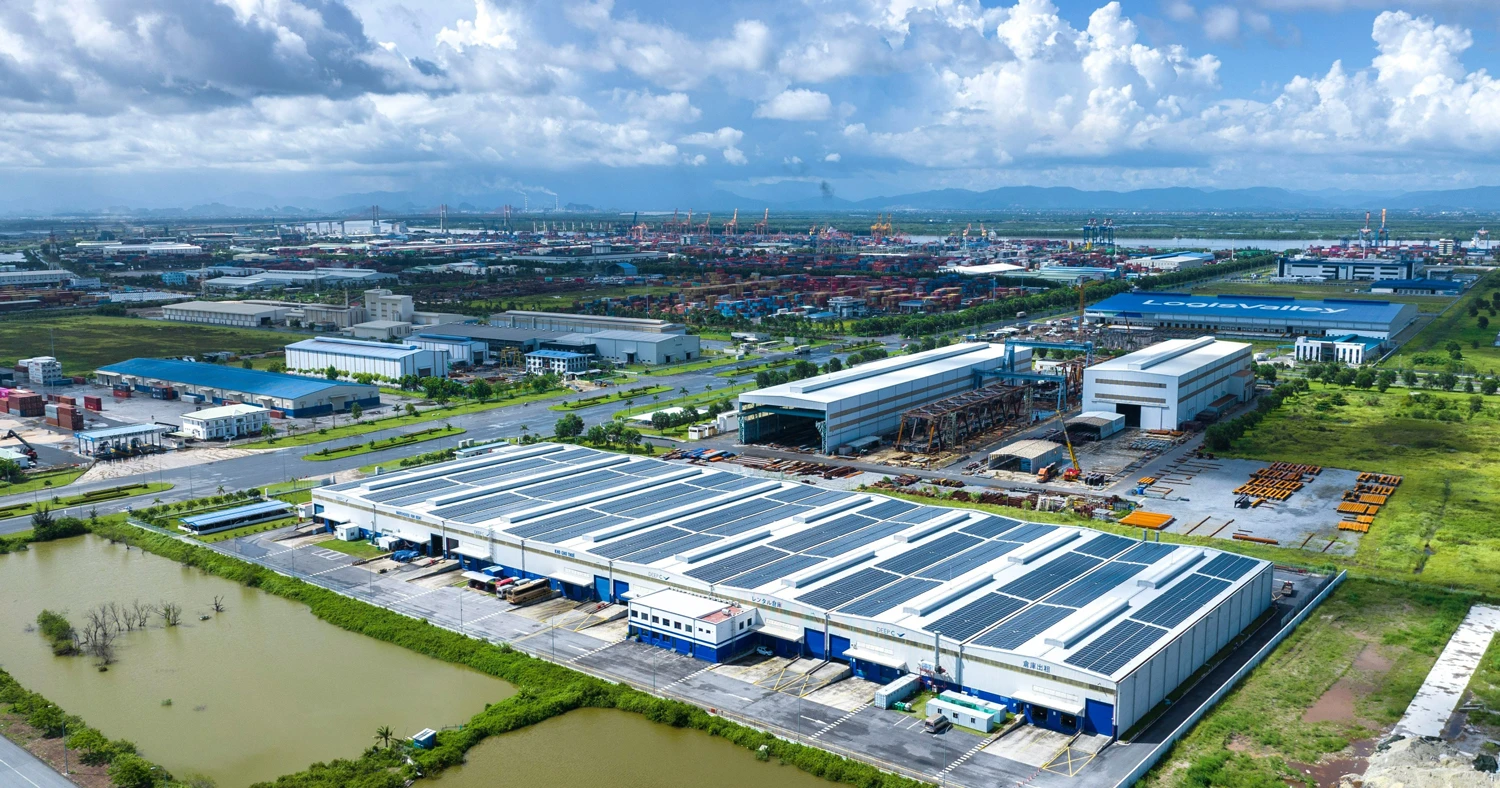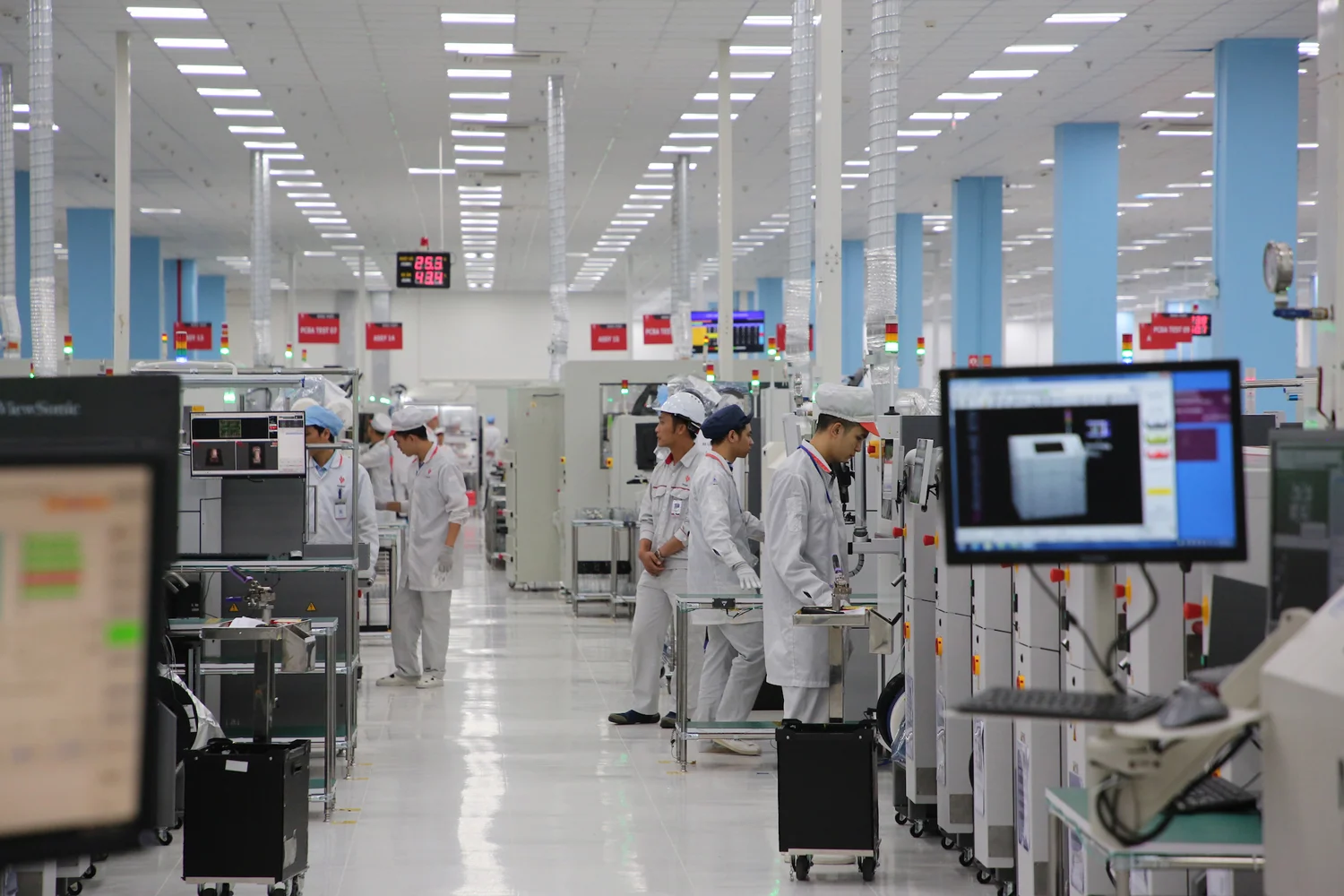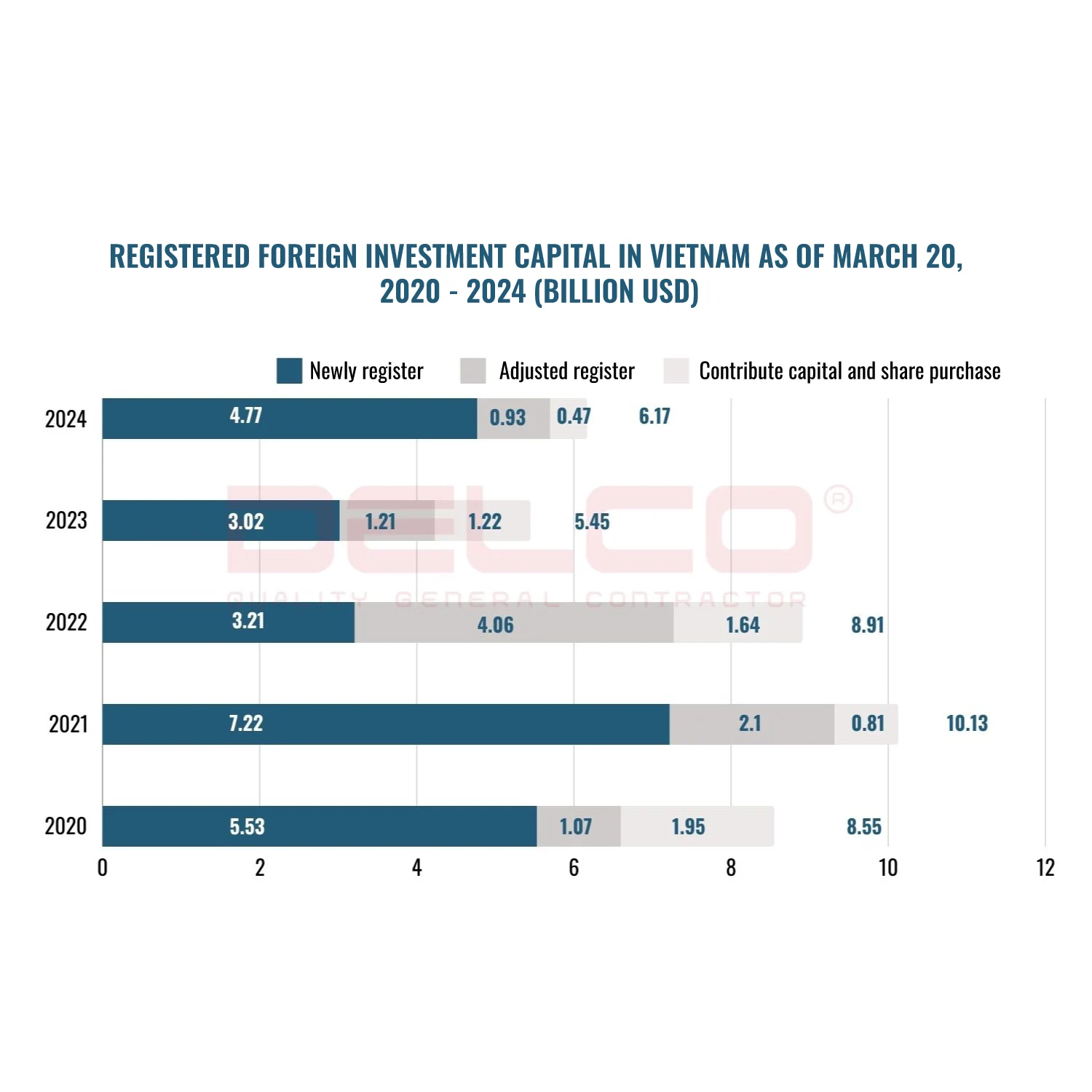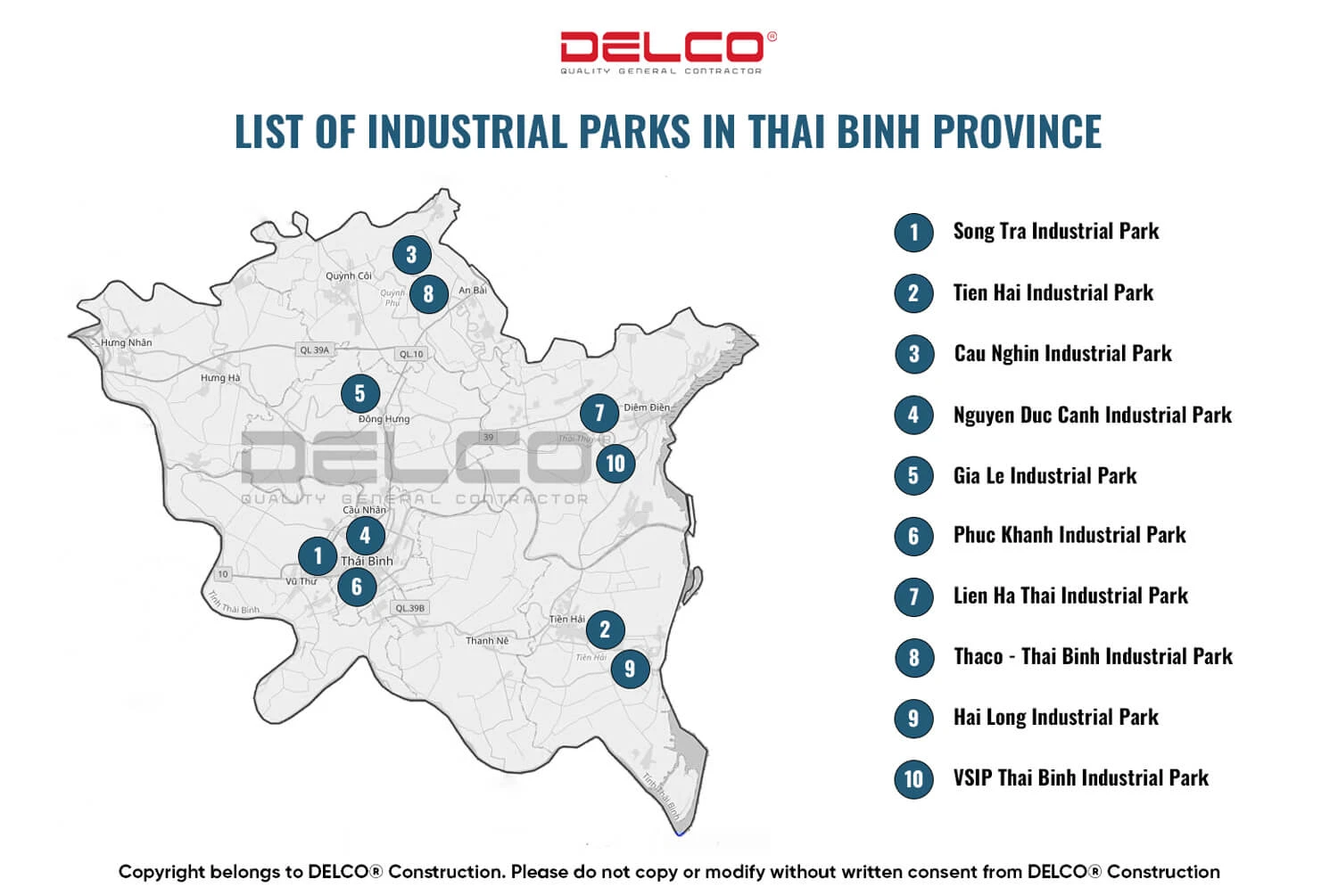Before entering Vietnam, foreigners need to clearly understand information about entry regulations effective in 2023 to complete entry procedures easily and quickly.
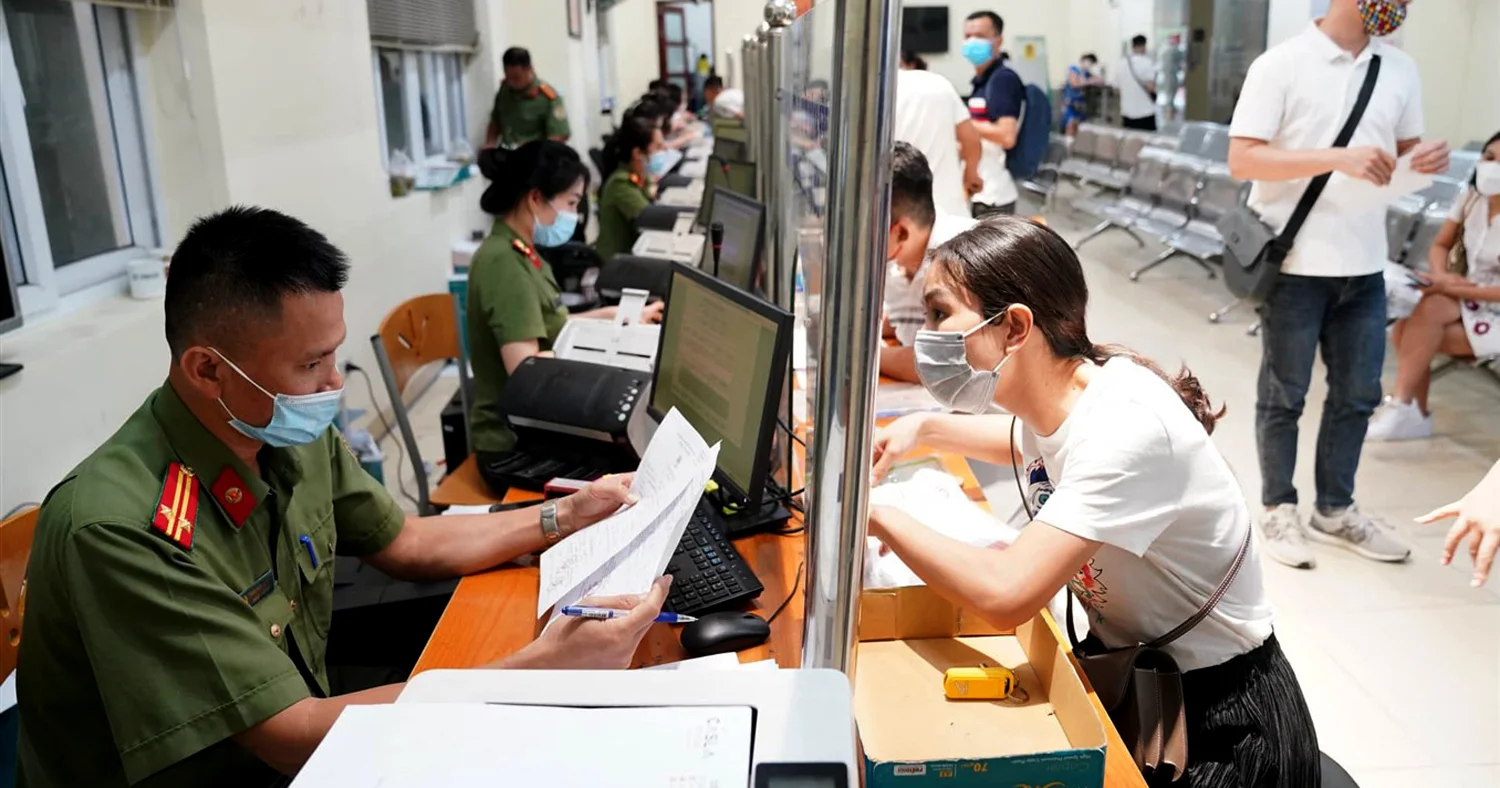
Regulations on Vietnam entry documents for foreigners
According to Vietnam entry regulations in Article 20 of Law No. 47/2014/QH13, foreigners entering Vietnam need to have their passports or documents valid for international travel and visas. The most common types of visas used to enter Vietnam today are:
- A tourist visa (DL) is valid for no more than 90 days
- Business visa (DN1, DN2) is valid for no more than 01 year
- Investment visas (DT1, DT2, DT3, DT4) are valid for 01 to 05 years depending on the type of visa the foreigner wants to apply for.
- Work visa (LD1, LD2) is valid for no more than 02 years
- .…..
After entering Vietnam, foreigners need to comply with the law, respect the culture in Vietnam and properly carry out activities appropriate to the purpose of entry. Violations of these regulations may be punished according to administrative fine or criminal prosecution.
Latest entry procedures 2023
Enter with an investment visa

Foreigners entering the country with an investment visa can enter and exit once or many times, depending on the regulations on the visa. Holders of DT 1, DT 2, DT 3 visas can get a temporary residence card to conveniently enter the country without being limited to the number of times they enter the country according to the visa.
In addition, foreigners granted investment visas can enjoy preferential regimes and policies of the state for foreign investors, such as: tax exemptions and reductions, land or credit support, technology transfer training,…
Refer to the detailed investment visa procedures in the article: Vietnam Investor Visa: requirements and procedures – update 2023
Enter the country with a temporary residence card
A temporary residence card will help foreigners enter Vietnam many times without needing to apply for a visa before entering. In particular, if a foreigner already has an investment visa, he or she can apply for a temporary residence card with a term of up to 10 years (DT1), up to 5 years (DT2) or 03 years (DT3), helping entry easier and residing and working in Vietnam longer.

The process and procedures when foreigners want to apply for a temporary residence card will follow these steps:
- Foreigners need to prepare documents according to the provisions of Vietnamese law.
- After preparing all documents, foreigners need to submit documents to the immigration management agency in Vietnam. If the documents are completed, the officer receiving the documents will print and issue an appointment letter to return the results to the foreigner.
- Next, the officer receiving the application will collect the fee and deliver the receipt to the foreigner or notify the National Public Service Portal or the Public Service Portal of the Ministry of Public Security to pay online and receive an electronic receipt.
- Documents will be processed and issued to foreigners within 5 working days after receiving all documents (from Monday to Saturday morning every week except holidays and New Year).
- On the appointment date, foreigners must go to the Immigration Department to receive results directly. When arriving, you need to bring your appointment letter, identification card and payment receipt for confirmation.
Entering the country with E – visa (Electronic visa)

E-visa is a type of visa issued to foreigners through a convenient and easy electronic transaction system, valid one time or multiple times and valid for no more than 90 days. The online visa application process and procedures are quick and quite simple. Foreigners only need to fill in accurate information according to the following steps:
- Foreigners need to fill in information to request an E-visa in This form.
- After filling in the form, you will receive an email notification.
- After that, foreigners will be required to pay the electronic visa fee online according to the notice sent to their email.
- After completing the above steps, foreigners will receive an electronic application code and print an electronic visa to enter Vietnam.
- Upon entry, customs officers will check passports and electronic visas. If valid, the passport will be stamped and foreigners will be allowed to enter Vietnam.
The list of border gates that allow foreigners to enter with E-visa is fully specified in this Table.
If an agency or organization in Vietnam requests to issue an electronic visa to a foreigner, it will be necessary to carry out procedures to request an access account and register to use an electronic signature pen, then the account will be issued within 3 working days.
Next, registering and submitting the application for an electronic visa for foreigners will follow the steps below:
- Use the provided account to log in to the system
- Enter all information of each foreigner that the agency or organization wants to invite or sponsor.
- Use an electronic signature pen to confirm the requested information.
- Pay the electronic visa fee (as above)
- The result will be an electronic file code to print the electronic visa and then enter Vietnam according to the above process.
Enter the country with visa exemption
According to Resolution No. 128/NQ-CP 2023, there are 13 countries that are exempted from visa when entering Vietnam:
| No | Country | Temporary stay period (days) |
| 1 | Germany | 45 |
| 2 | France | 45 |
| 3 | Italia | 45 |
| 4 | Spain | 45 |
| 5 | The UK & Northern Ireland | 45 |
| 6 | Russia | 45 |
| 7 | Japan | 45 |
| 8 | Korea | 45 |
| 9 | Denmark | 45 |
| 10 | Sweden | 45 |
| 11 | Norway | 45 |
| 12 | Republic of Finland | 45 |
| 13 | Republic of Belarus | 45 |
Countries are exempt from visa when entering Vietnam
Citizens from these countries can enter Vietnam without a visa, regardless of passport type and entry purpose; besides, they are exempted from entry and exit visas with a temporary stay period of no more than 45 days if they meet the requirements such as having a valid passport with at least 6 months of validity, round-trip or onward transportation tickets to other countries and not being subject to entry bans or restrictions on entry into Vietnam.
In addition, citizens of ASEAN countries are always exempt from visas when coming to Vietnam with a temporary residence period of no more than 30 days, regardless of the purpose of entry.
| No | Country | Temporary stay period (days) |
| 1 | Brunei | 14 |
| 2 | Myanmar | 14 |
| 3 | The Philippines | 21 |
| 4 | Cambodia | 30 |
| 5 | Thailand | 30 |
| 6 | Malaysia | 30 |
| 7 | Singapore | 30 |
| 8 | Indonesia | 30 |
| 9 | Laos | 30 |
ASEAN countries are exempted from visa requirements when entering Vietnam
Before entering Vietnam:
- Foreigners need to prepare documents including: 01 declaration NA9 form, passport or international travel document valid for at least 01 year, 02 recent photos sized 4cm x 6cm with white background and a visa exemption certificate.
- If a foreigner is abroad, he or she will submit the application at the Vietnamese Embassy in the host country and in case of temporary residence in Vietnam, the application will be submitted at the Immigration Department.
- The officer receiving the application will issue an appointment letter to return the results. Foreigners need to pay the fee and then receive a receipt or notice on the National Public Service Portal or the Public Service Portal of the Ministry of Public Security for direct payment online and receive electronic receipts.
- The application will be processed quickly within 05 working days after receiving all documents above.
- Foreigners come to receive results directly at the Immigration Department and bring the appointment letter, identification documents for checking and confirmation.
Customs procedures when entering Vietnam
Foreigners entering Vietnam will be required to comply with entry procedures at custom border gates regarding currency, goods and luggage. Procedures that foreigners need to follow include:
Currency exchange procedures
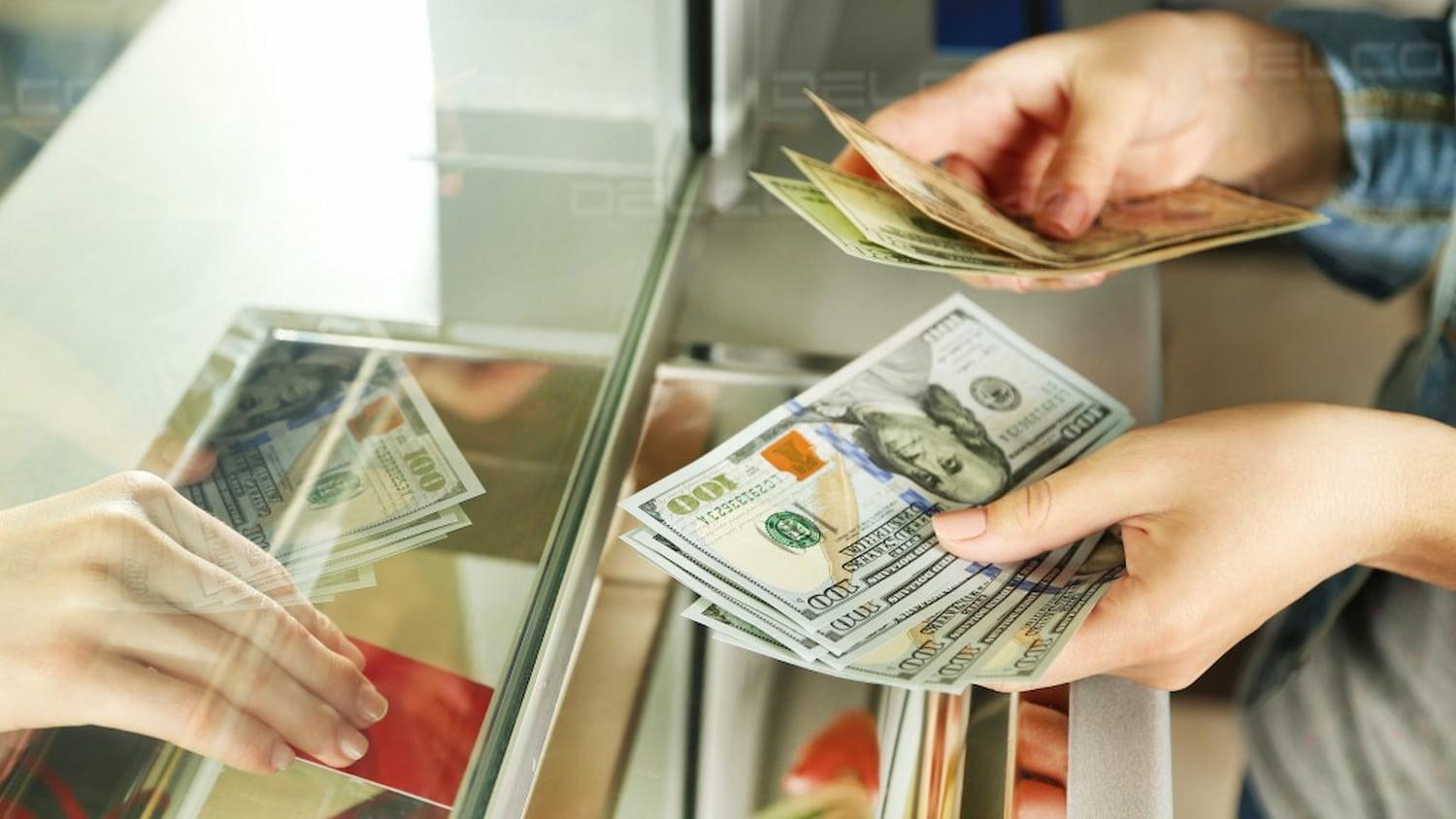
Foreigners entering Vietnam through international border gates need to declare if they bring a passport and foreign currency in cash exceeding 5,000 USD or equivalent to 15,000,000 VND.
To bring foreign currency in cash, foreigners need to deposit that amount into their foreign currency payment account. Foreigners will be issued an entry declaration and carry out procedures directly at the custom border gate.
Goods inspection procedures
Foreigners entering Vietnam need to declare to customs about their goods and luggage. Inspection of goods helps customs authorities determine the correct type, quantity, quality, value, etc. of goods to determine the exact amount of tax payment, and correctly identify goods on the list of prohibited import- export goods,… Customs declaration steps are as follows:
- When arriving at the custom border gate, foreigners will be given a customs declaration or a document replacing the customs declaration. If foreigners have relevant documents, they will submit them and the declaration to customs.
- This procedure will be handled directly at the Customs Office upon entry into Vietnam
Foreigners also need to note the list of prohibited items and conditional items when brought into Vietnam as follows:
- Items banned from import include: weapons, ammunition, explosives, drugs, consumer goods, supplies, used vehicles… and other items prescribed by ministries, departments according to Decree 187/2013/ND-CP of the Government.
- The list of conditional imports includes chemicals, medical equipment, precursors, narcotic drugs, psychotropic drugs, and explosives. Fresh products, animals and plants must comply with regulations of the Ministry of Agriculture and Rural Development.
In addition, people entering the country can bring personal luggage, luggage sent before or after the trip which are exempt from import tax for each entry for types of luggage such as alcohol, cigarettes,… according to the norms specifically stipulated in Decree No. 134/2016/ND-CP.
Information compiled from: Vietnam Immigration Department – Ministry of Public Security, Law No. 47/2014/QH13, Law No. 51/2019/QH14, Vietnam Immigration Portal, Resolution No. 128/NQ -CP 2023, Circular No. 15/2011/TT-NHNN, Decree No. 187/2013/ND-CP, Service Portal of the Ministry of Public Security, Consolidated Document No. 12/VBHN-VPQH Customs Law, Decree No. 134/2016/ND-CP, Circular No. 264/2016/TT-BTC.
See more: Procedures for establishing a foreign-invested company in Vietnam
See more: Basic salary in Vietnam and actual compensation issues that investors need to know



